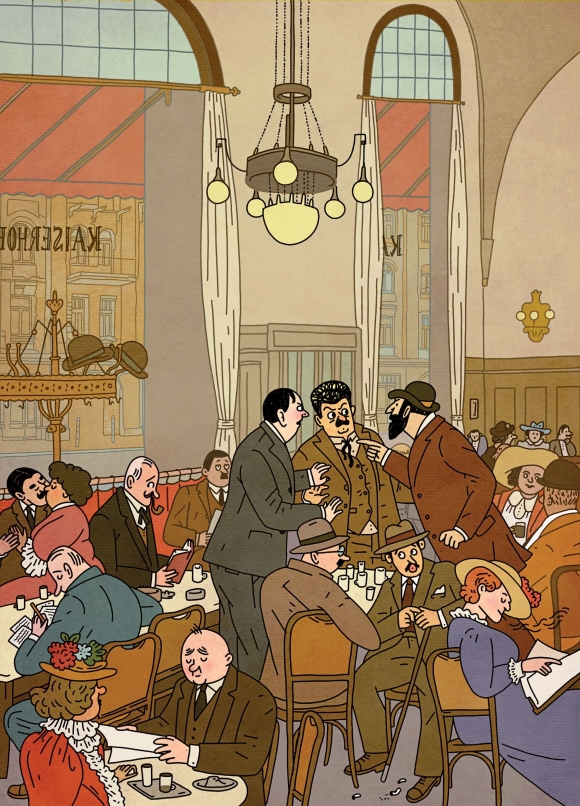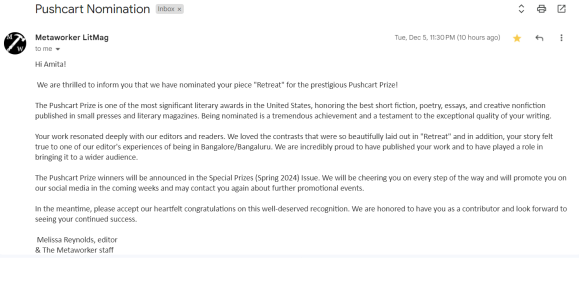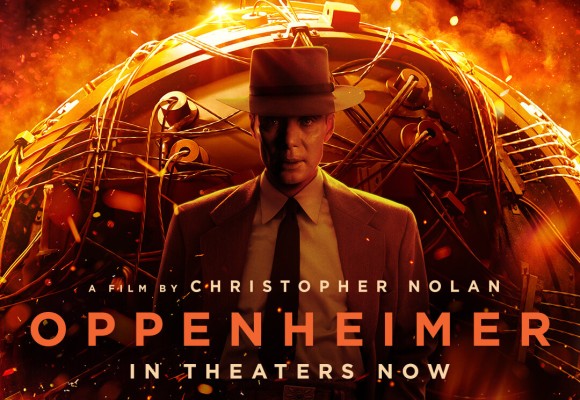A personal essay feat. Captain Planet, my Mother, and me.

In primary school, I watched the US animated television series Captain Planet.
Premise: The world is in peril. The spirit of the earth, a translucent and ageless Gaia, creates five rings, and recruits five teenagers from five continents to be Planeteers. Captain Planet, a rainbow-bright superhero, emerges when the five Planeteers combine their powers. He exhorts me to Reuse, Reduce, and Recyle.
These five heroic teenagers were the idols of my childhood, and remained role-models well into my 20s. I was going to save the world. I had no ring. No fellow Planeteers. The world was burning and nobody else around me seemed to care. I had to save the world I had to do it all alone.
Watching Captain Planet was the best thing and the worst thing that has happened to me.
Trying to save the world by yourself – A double-edged sword…
It was a good thing. Ecological crises are the defining problem of our times – prominent even in the midst of a pandemic that’s already had unprecedented economic impact. Many of us fear climate change more than we do terrorism: rightly so. Climate change itself triggers civil unrest. When famine, floods, wildfires and hurricanes leave massive populations homeless, landless, and hungry – bad things happen between people. Ecological disasters are the defining problem of our times – and Captain Planet awoke me to the urgency of this problem when I was a child.
It was also a bad thing. My sky-skinned superhero, flaunting fire-engine red underpants and toxic waste-green hair, told me I had to save the world. Okay. But what could I really do?

…Or Sheer Lunacy?
Over the next 25 years, I did what I could. Tightened every dripping water-tap to within an inch of its life. Brushed my teeth with the minimum possible water. (Saving the world also became a noble excuse to skip brushing my teeth altogether.) Became a vegan – a decision that caused much turmoil in my family, where flesh is considered the only decent protein source. Began to reuse chewing-gum. (No comment.) Wondered if I should quit running: because, when you run, you produce more carbon dioxide. Reused shopping bags, urging my local vendors not to issue plastic bags to anyone. Shaved my head to feel cooler, to reduce my dependence on electric fans and ACs. Avoided buying anything single-serving: I bought in bulk. As much as I could at markets that don’t label the origin of their produce, I bought local. As much as I could at a time when you can buy anything anytime anywhere, I bought seasonal. Switched from sanitary napkins to menstrual cups – which was, for my comfort and happiness, an excellent decision. For years I didn’t buy any new clothes. I wore old, faded, ill-fitting clothes – causing my mother to refuse one day to be seen in public with me. To save paper, I stopped buying books, my life’s pleasure. I did all my reading on the computer, resulting in permanently sore eyes that became just another fact of life. I flooded friends with email after please-sign-this-petition-email filled with graphic images of forests burning, elephants beheaded for their ivory kneeling dead in pools of their own blood, sun bears being milked for bile in China, moon bears being circus-slaves in India, tiger farms in China, rhinos poached in Africa, mountains of plastic rubbish floating on the ocean in the middle of nowhere. I exhorted friends and family to go vegan, to stop driving cars, to stop having kids. I judged people who were not consumed by my monomania. How could people be so careless with my planet?
In short, paranoid about Captain Planet’s message, burdened with Captain Planet’s heroic burden – I made myself very happy, very useful, and very popular.

Fighting the System
A great anxiety swallowed me. The problem was outsize. My ability to make a difference was infinitesimal.
India has very few organised large-scale recycling facilities. Until a few years ago, local municipalitIes picked up household rubbish all mixed together – and dumped it somewhere, or burned it all in open air. Around 2008, I got my college to adopt segregated waste-bins; the organic waste was composted onsite. The sight of mixed rubbish burning in open air is still a daily spectacle across Indian cities. Plastics, dioxin-heavy sanitary waste, food, tyres – all drawing hungry stray animals, and barehanded barefaced barefooted ragpickers. The rubbish burns in open air, contributing to the semi-pernanent smog that diffuses the sunlight, makes me cough, withers trees, stains walls, and kills millions of Indians every year.

I was reusing my shopping bag. But what about all the plastics in which my (vegan) food had been wrapped at various stages of its journey? Fresh vegetables, frozen vegetables, cereals, legumes, oils, spices, herbs. Everything comes wrapped in plastic. What was I achieving by foregoing my plastic shopping-bag at the counter – I, with my cart full of foods prepackaged in layers of plastic, paper, and metal foil? Mixed-materials waste is even harder to recycle. Not that anyone was recycling anything anyway. Indians keep their homes scrupulously clean, but consider the world outside their doors their rubbish-can.
On my way to the park, to run, I walked through a crowded neighbourhood bustling with cows, bufallos, goats, sheep, dogs, and fowl. The streets were paved in layers of their shit. I was digusted both sensorily and morally. Here I was, a vegan, foregoing dairy and other convenient and nutritious foods – and for what? To walk down roads paved in cowshit?
The Straw that Broke My Back
After years of plodding on alone, feeling ever more frustrated with my lonely efforts, it was the cowshit roads that broke the camel’s back. I quit veganism. I quit minimalism. I ate meat, bought new clothes, bought hard-copy books with abandon after years of doing all my reading with permanently tired eyes. I thought, “Fuck the world. Clearly nobody cares. Why should I? I’m tired of being an idiot. Making myself anxious, when my piddling actions are not even a drop in the ocean. No matter what I do, the world is going to burn. I am going to enjoy myself now, and later enjoy watching the world burn.”
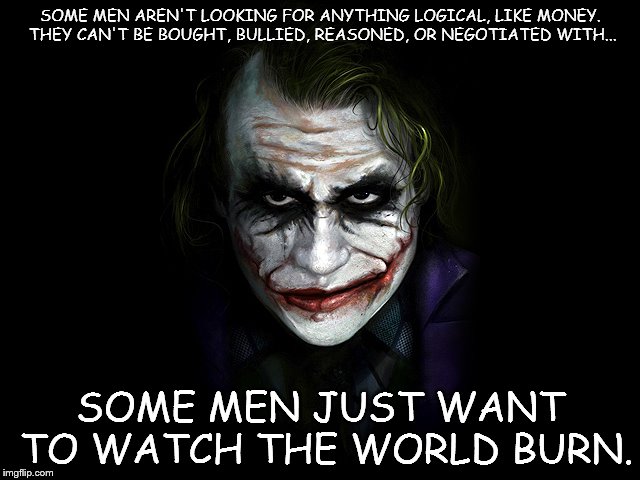
But I could not forget the crisis. While acting alone had frustrated me, so did turning my back on reality. Later, as I began to speak to friends, I realised that people do care. People do worry. People do what they can. People feel helpless, and angry, and paralysed by fear. Just as I did.
You’re Not Alone!
This discovery was an enormous relief. I suddenly felt not-mad. No: it’s not just me who feels overwhelmed, enraged, sorrowful. I am not crazy. Everyone feels this way. People have problems in their own lives. They do what they can.
But then I faced one simple fact: the way things are, most of us have to work really hard to make a signfiicant impact. Some people go off the grid. They give up all relationship to the capitalist economy, and devote themselves full-time to living sustainably. I admire these people enormously. But I don’t want to spend all my time growing my food, recycling my shit, and saving the world. There are other things I want to do with my time.

Meaningful Change Is Hard If You’re Going It Alone
Even with all my modifications, the carbon footprint of my lifestyle at its most frugal would’ve been far from zero. I live in a tropical climate. Shaved head or no, I use electric fans at home, the AC at work. All my electricity and water comes from projects that pollute the world and displace vulnerable communities. I buy factory-produced food, clothes, books. The concrete buildings I inhabit are enormously energy-inefficient, becoming ovens in summer. Cement production itself is a huge source of carbon emissions. The food I eat is grown on farms that stand where wild land once stood. It travels hundreds of kilometers to me. Its growing is filling the soils and water with salts and toxic chemicals.

As things are, very few of us can afford to live in low-impact ways. Our default systems of producing and consuming are inherently profligate and polluting. The fact that our worth, happiness, and daily routines are defined by our production and consumption – job description, hours worked, salary received, car owned, schools our children attend – is a fundamental problem that hurts not just the environment, but our communities and our individual psyche. As long as our self-worth depends on consuming more and producing more – living sustainably will be out of our reach.
We cannot save the world with incremental change and isolated individual action. As things are, such actions are simply not in our own self-interest.
Step out onto a road in India. Traffic overwhelms you. Millons of new cars enter Indian roads every year. Public transport is inadequate and time-consuming, and exposes you to smog that tires and sickens. Pavements are non-existent: or are broken-tiled life-hazards, or claimed by trees and vendors and dozing animals, or interrupted every ten steps by building entrances. A few brazen souls choose to cycle to work. Many are compelled to walk. Traffic stands still. It takes hours to move a few kilometers. Even at the peak of my ecological concern, I took private transport when I could. The smog gave me a headache and nausea, and left me sniffling all night. Saving the world, one bus-ride at a time, just wasn’t worth the hours lost, the health hazarded, and the after all nothing accomplished.
As things are, we face an impossible moral choice: do what’s good for me, or do what’s good for the world? We end up feeling guilty. That’s just the point.
Industry and government have passed the buck
Big business accounts for a big percentage of greenhouse gas emissions. But big business wants to make saving the world our job. India’s image-conscious leaders talk Swachh Bharat, but the current administration’s environmental policy is a disaster, fuelled by the desire to draw more big business to India.
My Happydent hard plastic chewing-gum jar shows me a graphic asking me to recycle the PET container. If I could see a fucking rubbish-bin on the streets, I would. I would toss the jar in there – knowing that the only ‘recycling’ the plastic jar would get would be via a rubbish-fire. Up into the air. Back into my lungs.
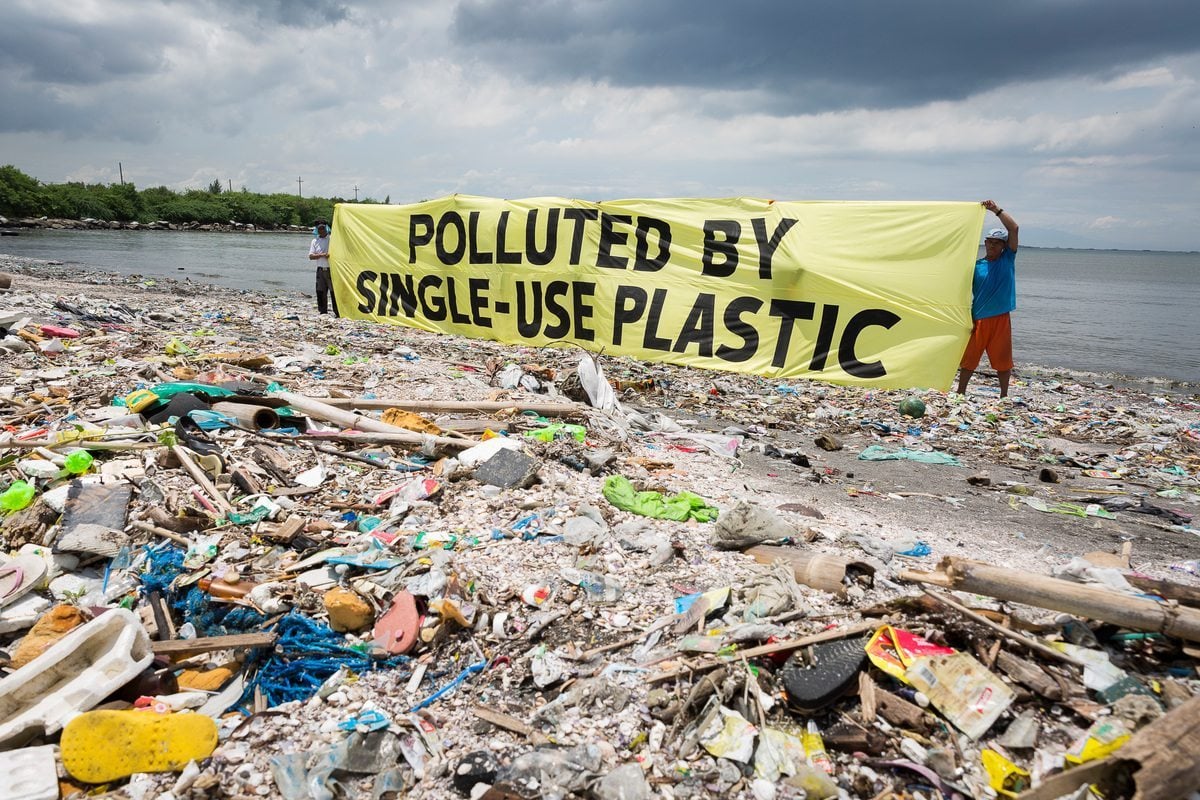
The free market has failed us…
Ecological crises are the result of negative externalities of our market economy. In the short run, from a selfish perspective, it is in everybody’s interest to keep things going as they are. Burning fossil fuels. Converting forests and wetlands into farmland and pasture. Filling the soil and air and water with plastics and toxins and dyes and heavy metals. This is the economy that most of us are part of. We didn’t choose to be. We were born into it. This economy keeps us running on the treadmill. Get educated. Get a job. Get promoted. Buy a house. Buy a car fridge microwave-oven washing-machine closetful of clothes coffin.
That’s why we have the tragedy of the commons. In the short run, each of us benefits by being selfish. In the long run, our selfishness hurts us individually and collectively.
The “free market” has no interest in solving ecological crisis. Not because industrialists are the malicious cartoon villains of Captain Planet – some of them are, but most of them are just looking out for themselves. Looking after business. Lobbying government to give them tax breaks. To roll back legislation that protects the environment. To accept bribes rather than enforce retrofitting procedures that are expensive in the short run. All this justified by the monstrous lie of ‘trickle-down economics’ – the lie that ‘when industry profits, the country profits.’
…But a ‘free market’ is not what we have
What we have is not the free market. Around 2012 I ploughed through The Wealth of Nations (1776). The views of Adam Smith, the “father of capitalism,” on governments and citizens and industry and trade shocked me. Adam Smith warned: “When heads of industry get together, it is never in the interest of the citizens.” Smith wanted governments to strictly regulate industry on the citizens’ behalf. He delineated plans for taxes, subsidies, excises, and other economic regulatory strategies by which the government could ensure that industry acted for the people, not against them. Smith did not believe in the “invisible hand of the market” magically solving every economic, ethical, and human problem. Smith’s ideas would strike contemporary free-market advocates as fire-engine-red Marxist.

Don’t let anybody tell you the free market lie. The free market is not what we have. To quote Bernie Sanders, what we have is socialism for the rich, capitalism for the poor. Rich individuals, and big companies, pay orders of magnitude less than their fair share in income taxes, wealth taxes, corporate taxes, and estate taxes. The polluting systems of production, transportation, and consumption that run the world are possible partly because governments incentivise big companies to pollute. Pollution is not discouraged by taxes. Pollution is encouraged by tax breaks.
We need to unite as advocates
Don’t let companies pass the blame on to you. Don’t buy their bullshit. Don’t let yourself fall into the abyss of despair, guilt, shame, and self-abnegation that I did. The world is hurtling towards disaster. This is not your fault.
I hasten to add: there are things you can do. Individual actions do make a difference. But only if they are taken en masse. If you go vegan, persuade your friends and family to give it a try. Don’t judge them, as I did. Don’t harangue them. Invite them to try a delicious vegan dish. Suggest Meatless Mondays. Be humble, and acknowledge how hard it is to make the right choice – when systems at every level, from the individual to the national, are optimised for wastefulness.
But individual action is only the first step. Real change will come only when we unite as advocates. To demand radical sytsemic change. Governments: stop incentivising big companies to be wasteful. Start enforcing laws to protect the environment – and to protect our most vulnerable communities, which are invariably the worst hit by ecological disasters and by gradual ecological deterioration.
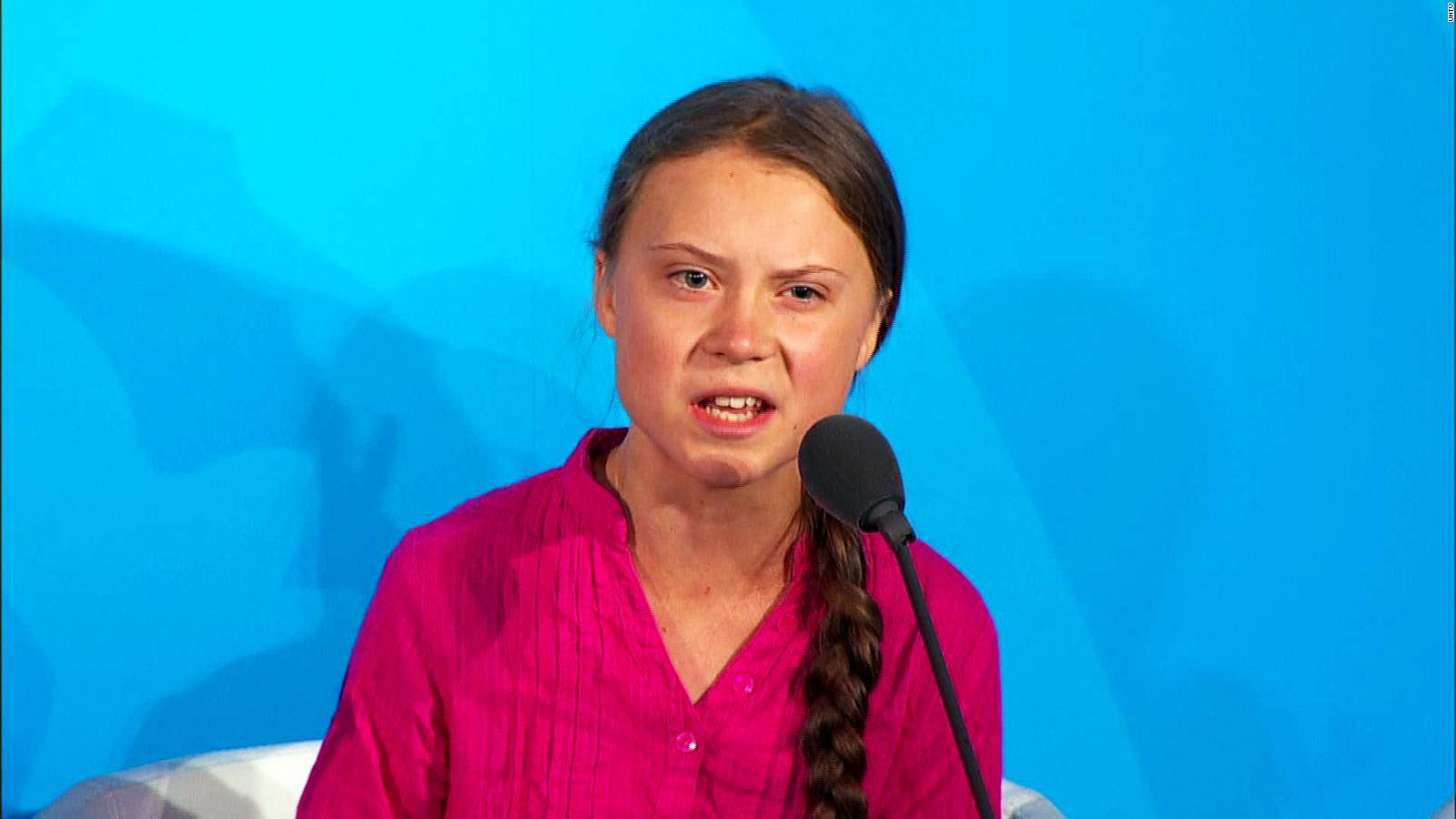
When advocates for systemic change minimise their personal ecological footprints, they increase their credibility. The need for massive systemic change does not nullify the need for individual action. One thing that systemic change will achieve is cutting out the enormous amount of pollution that businesses themselves produce. But another thing that systemic change will achieve is making it easier for us as individuals to make more ecologically responsible choices. We should not have to make the impossible choice between what’s good for us vs. what’s good for the world.
After my eyes were opened, I went back to doing what I could. It was easier now. I felt less guilty now. I felt less alone now. Now I no longer blamed myself. Now I no longer felt compelled to make sacrifices. Now I wanted to do what I could without driving myself crazy. But now I saw that this was just the first step.
Guilt and anxiety about the environment have trapped many of us in compulsive behaviour
I saw how many people were trapped in the cycle of self-blame, anxiety, and sorrow that industry and government have successfully trapped us in. I began to see the origin of my mother’s lifelong hoarding.
My relationship with my mother has always been conflicted. When I was younger, I was happy to write her off as just a deranged hoarder. A bored housewife sick with cabin-fever obsessed with saving everything she could, in order to compensate for her guilt of not earning. (This guilt she told me about herself. I was flabbergasted. I don’t always get along with my mother, but I know few people more more industrious or hardworking.) I thought all Indian mothers were this crazy. After getting over my own save-the-world-alone complex, now I began to listen to my mother. To watch my mother.
When my mother comes home from a walk, she talks about the destruction she sees. Rubbish-dumps springing up on every unclaimed square meter of grass. Lakes losing water level every year. Lakes choked with toxic waste spontaneously combusting. Massive multitower highrises going up where last year there was green suburb. Villagers displaced by development projects come to stay indefinitely with their relatives in the city.
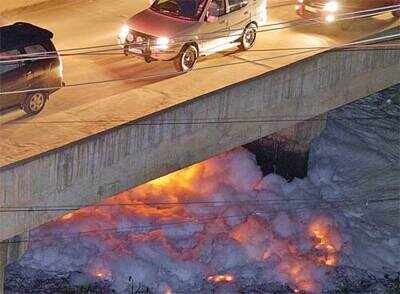
My mother reuses everything. I’ve already regaled you with my erstwhile repertoire of minimalism: so I need not detail my mother’s. Three examples will suffice:
1. If a water-tap leaks, she postpones calling the plumber. Fot the plumber will have to install a new washer, which is wasteful. She deploys containers to catch the waterdrops. Every kitchen task from washing vessels to watering the plants gets reorganised to use up the precious few drops of water that her conainer has collected.
2. In these days of rubbish segregation, the plastic bags in which we throw out kitchen waste are supposed to be washed, then thrown into the plastics-only rubbish-bin. Most of our neighbours delegate this task to their daily-maids. My mother does it herself – and, instead of throwing away the plastic rubbish-bag, she brings it back home, washes it, hangs it to dry, and reuses it. Indefinitely.
3. If a piece of furniture, pair of shoes, or garment becomes damaged beyond repair, it is either hoarded until such time as a satisfactory cobbler can be found (back in her home town, Calcutta – apparently Bangalore has not a single acceptable cobbler or watchmaker or tailor) – or left to take up room, get underfoot, and ruffle tempers. A replacement cannot be bought while this item is still in existence.
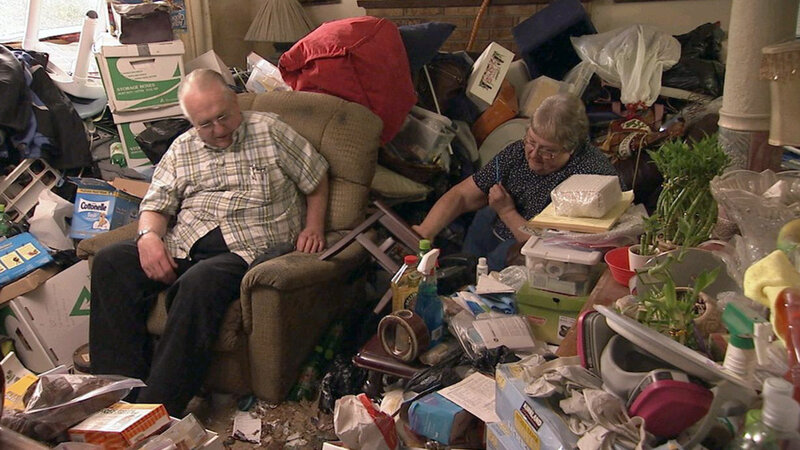
People are worried. They act compulsively. That doesn’t make them mad.
My mother is a hoarder and a saver and a reuser. She does this not because she is mad. She does this because she sees what’s happening to the earth. And she is scared. She does what she can. She thinks it is her fault. Just as I did.
I try to persuade my mother that we need systemic change. She agrees, but doesn’t stop rewashing redrying reusing her rubbish-bags. She still feels compelled to do every last bit she can. To expend energy, effort, and love to reduce her carbon footprint by infinitesimal amounts.
Ordinary individuals who make different choices are not the enemy
So long as we let industry make saving the world the responsibility of individual consumers, we will blame each other. Vegans will morally judge omnivores. Drivers of electric/hybrid vehicles will snub those who can’t afford what is, effectively, a virtue-signalling self-promoting status symbol. Organic consumers will look down their noses on consumers of conventially-grown produce. Child-free couples will judge the child-encumbered. I judged my mother for being duped by big industry’s big lie. She wonders why I no longer obsess over leaky taps.
As long as the system makes individual action difficult and low-impact – we will be turned against each other, judging each other. For not being eco-conscious enough. For showing off how eco-conscious we are, making others feel guilty. For turning our lives upside-down to minimise our footprint. For not turning our lives upside-down.
What we eat, what we drive, how many children we have – all these choices do make a difference. But by judging each other’s choices, we miss the big picture. We lose the forest for the trees. That’s precisely what big business wants us to do: turn against each other. So that we forget to see who the real culprits are.
Why we need systemic change. So that we don’t have to choose between us vs. the environment
We need systemic change because: In my cameo of my mother, many of you will recognise a friend, a relative, or yourself. Someone who you think, and people think, is crazy. A martyr. Obsessed. Unhealthy. This is not to explain away hoarding: pathological hoarding is a serious psychological illness and health hazard. This is to ask you to reevaluate the motives driving our attempts – in the face of systemic stasis and a problem of inhuman scope – to do everything we can. At expense to our own own sanity.
We need systemic change because: we need to stop feeling guilty for failing as individuals. For failing to save every last drop of water when badly-designed taps break down like clockwork. For not falling over ourselves to clean up big business’s shit. For not being ideal citizens who produce, consume – and somehow also manage to buy organic+recycle+use public transport+be vegan+be minimalist+be childless…
We need systemic change because: Organic food should not be unaffordable. Peasants who toil all day exposed to toxic agrochemicals should not be unable to afford organic food. (Note: organic food is not a magic pill.)
We need systemic change because: When someone sees a rubbish-bin, they should see something that will actually keep their cities cleaner. They should not see a container temporarily keeping toxic rubbish out of landfills and out of rubbish-fires.
We need systemic change because: Public transport should be accessible to everyone without huge sacrifices of time and health. Air pollution kills one child every three minutes in India alone. Riding non-AC public transport, or foregoing home ACs in Delhi, should not be a choice that endangers our health. Public transport should be at least as viable an option as private transport.
/cdn.vox-cdn.com/uploads/chorus_image/image/57711127/GettyImages_871511920IndiaDelhi.0.jpg)
We need systemic change because: Each of us needs to be able to choose, as a rational human being, what’s good for ourselves – which happens also to be good for the environment. Without massive social engineering and technological innovation, the eco-conscious action will remain the choice of a tiny minority. Who are terrified, enraged, or just incredibly noble. Doing the right thing should not require daily acts of extraordinary nobility.
Individual action does matter. But advocating for systemic change is key
We do need individual action. We need to eat less meat. Buy fewer clothes. Take public transport. But above all we need to unite to speak up as citizen advocates. We need to demand that governments stop socialism for the rich. We need to demand that governments hold accountable those who control the system, structure our lives, decide what goes into our bodies, and all but determine what the world will look like tomorrow.
Captain Planet was right after all. Industry is evil. Not because industrialists are malicious super-villains. But because they created this system in the days before ecological awareness. Because their vested interests lie in bribing, lobbying, and extorting governments to continue business as usual. Until the world burns.
It’s time for us all to be planeteers. To reduce, reuse, recyle – yes. But, more importantly, to be plantereers together. To demand systemic change. To tell the defenders of capitalism to stop throwing “free market” at us. To actually read Adam Smith. To take responsibility for a situation where individual action is necessary: but is just a drop in the bucket.
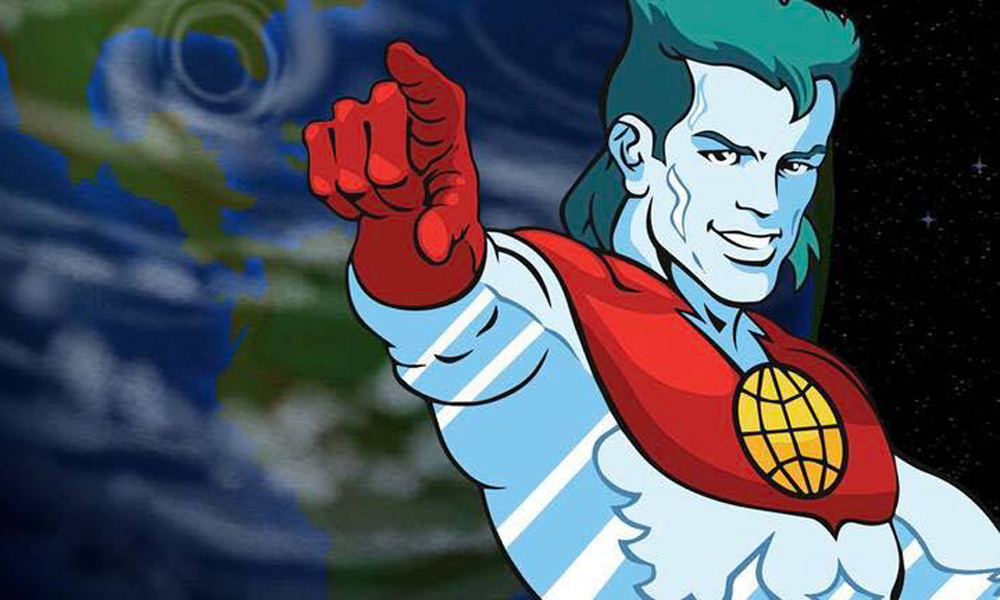
END
Does environmental deterioration make you anxious? How do you deal with your anxiety while also doing what you can? How can we effectively advocate for policy change? Do individual actions matter at all?
Enter your email ID for weekly updates about new articles and stories.
